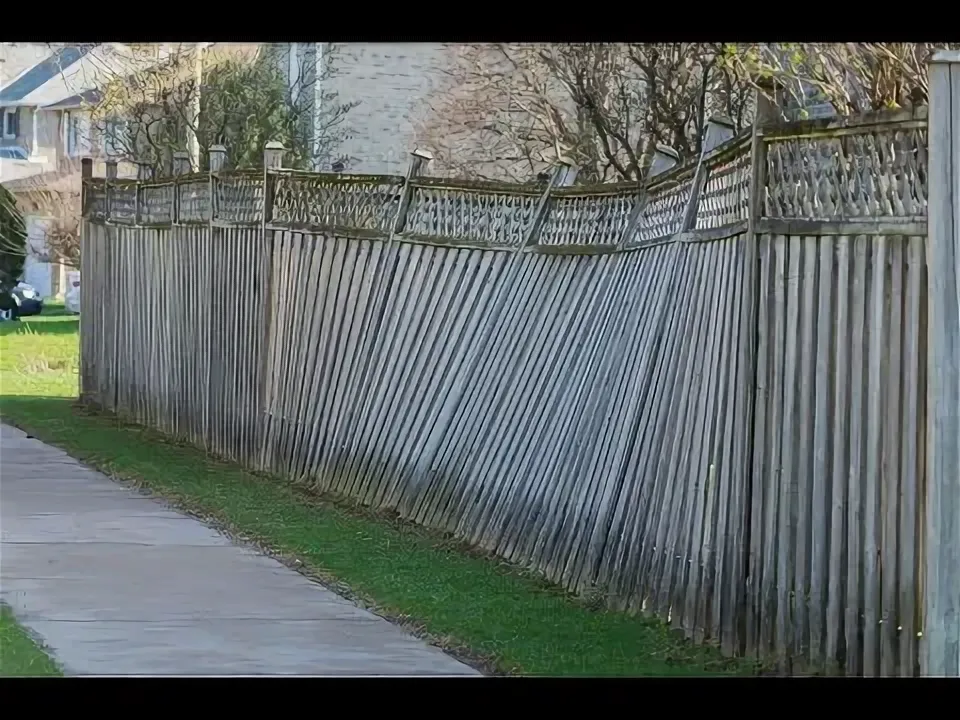As the world increasingly embraces sustainability, homeowners are looking for ways to reduce their environmental impact — and that includes how they build their fences. Choosing eco-friendly fence post options for sustainable homes is a crucial step in creating an environmentally responsible living space. Traditional fencing materials like treated wood and concrete can be harmful to the environment, so exploring greener alternatives can make a big difference.
Why Choose Eco-Friendly Fence Posts?
Fence post are essential for stability and durability in any fencing project, but they often require materials that can withstand weather and wear. Conventional options typically involve chemical treatments or resource-intensive manufacturing. Eco-friendly fence post options for sustainable homes not only reduce environmental harm but also often offer longevity and natural aesthetics that enhance your property.
Popular Eco-Friendly Fence Post Materials
1. Recycled Plastic Fence Posts
Recycled plastic posts are made from post-consumer plastics like milk jugs and water bottles. They are resistant to rot, insects, and moisture, making them a durable alternative to treated wood. Using recycled plastic helps reduce landfill waste and minimizes the demand for virgin plastic production.
2. Bamboo Fence Posts
Bamboo is a fast-growing, renewable resource that can be harvested without destroying the plant. It is strong, lightweight, and naturally resistant to pests and moisture. Bamboo fence posts blend well with natural landscaping, making them an excellent choice for eco-conscious homeowners.
3. Metal Fence Posts Made from Recycled Steel
Steel posts are long-lasting and can be made from recycled materials, significantly lowering their environmental footprint. They offer excellent strength and can be recycled again at the end of their life, making them a sustainable option for fence construction.
Installation Tips for Eco-Friendly Fence Posts
When installing eco-friendly fence posts, consider the following to maintain sustainability:
- Avoid using concrete; instead, use compacted gravel or natural soil to secure posts.
- Select posts treated with non-toxic preservatives or naturally durable materials to avoid chemical leaching.
- Plan your fence layout efficiently to reduce the number of posts needed without compromising stability.
Conclusion
Incorporating eco-friendly fence post options for sustainable homes is an impactful way to promote environmental responsibility while enhancing your property’s beauty and durability. Whether you choose recycled plastic, bamboo, or recycled steel, these materials help reduce waste, conserve natural resources, and support a greener future. Next time you plan your fencing project, consider these sustainable alternatives to make your home truly eco-friendly.

